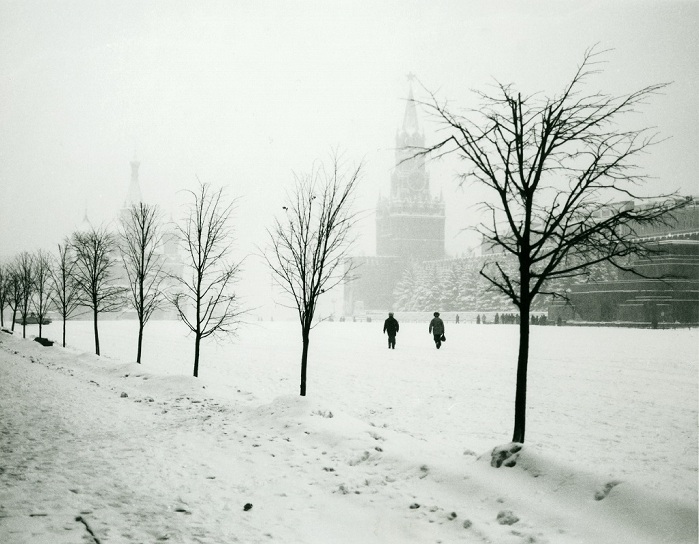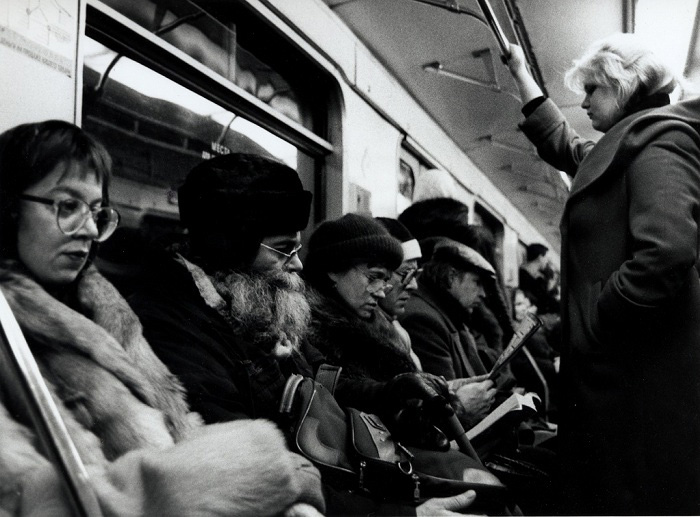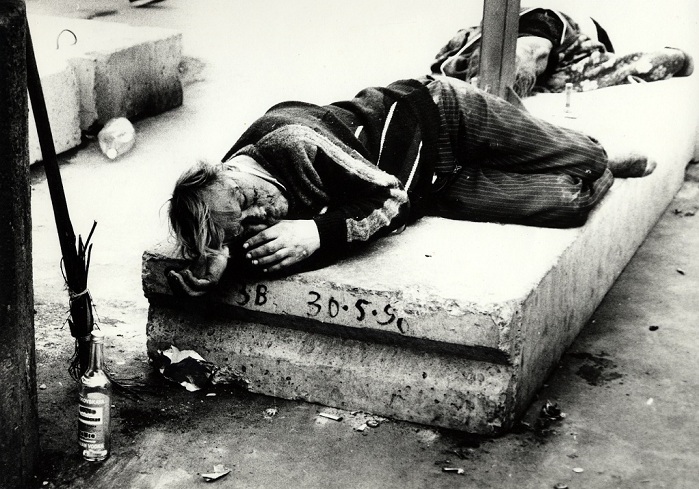Many of my friends are from the south-eastern regions of Ukraine with large Russian populations. I had noticed that there was a steady stream of posts on Facebook by people from the region, and reading the comments on these posts, both posts and the many comments seemed, as far as I could see, overwhelmingly*, against Putin's actions in Crimea, and afraid of further Russian intervention. But the opinions of friends-of-friends on Facebook can't tell the whole story, so I asked a friend there, Irina whether there is any significant support in favour of Putin. This is an excerpt from what she replied (translated from Russian):
Where we are (in Kherson, Odessa, Nikolaev) even the 80-year-old communists are in horror at his [Putin's] actions. No one expected that he would intervene militarily in Crimea, and later, perhaps even in Donbass. At the moment my Russian-language acquaintances are gathering signatures for a petition to Putin, to tell him to get lost: "from the Russian-language population of Kherson Oblast on the removal of troops from the territory of Ukraine!" Despite the fact that, until these events, Russian language people were grumbling about those who were asking them to respect the Ukrainian language, nobody remembers about this now.
I know only one journalist who is pro-Russian, they say he even has a Russian passport, but in this situation even he is astonished by Putin's impudence. They say here that Putin must have fallen ill with schizophrenia and power mania, and that his advisers are idiots. In all, I don't know anyone who approves the actions of Putin - on the contrary, people are organising civil defence units..
So, what about the pro-Russian demonstrations that we have been seeing? While no doubt many of the demonstrations, especially earlier on, must have been genuine, there were reports (and video clips) of buses with Russian licence plates bringing in demonstrators for a few hours at a time. And this report from Ukrainskaya Pravda http://www.pravda.com.ua/rus/news/2014/03/3/7017384/ shows still captures from video clips showing the same individuals reappearing at the demonstrations in Kharkiv in the East, and Simferopol/Sevastopol in the Crimea. Ukrainskaya Pravda humorously refers to them as 'touring performers'.
*for different points of view, see the 'comments' below
Balaklava, Crimea






